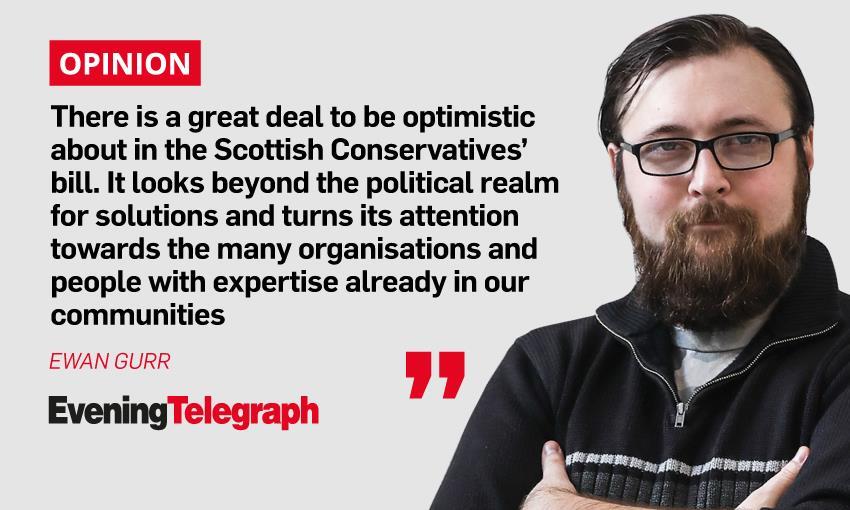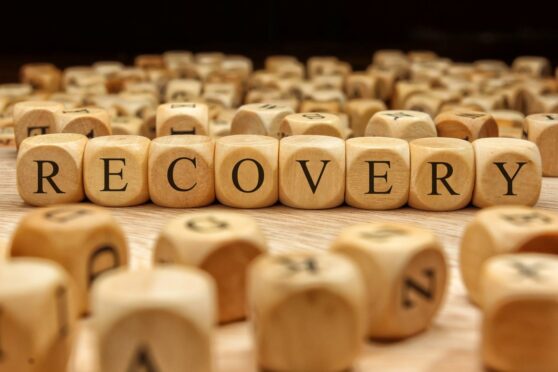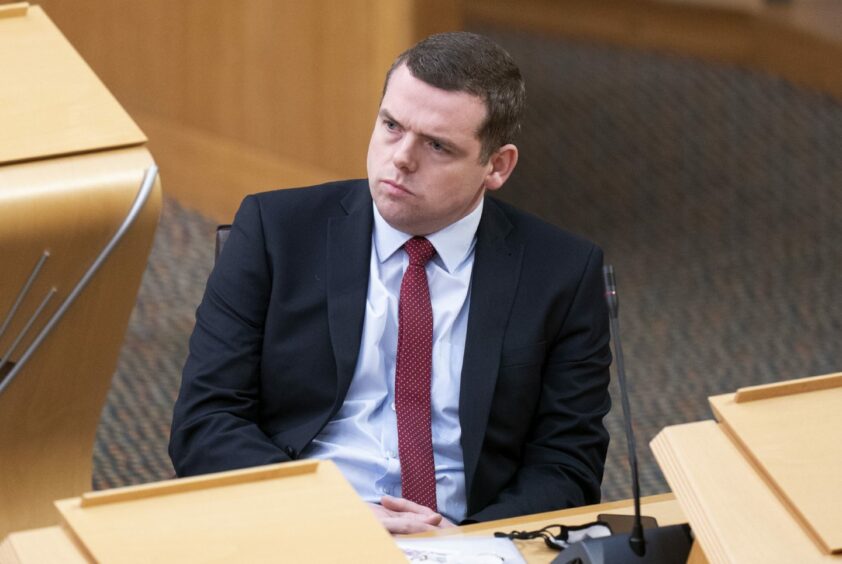I have been encouraged this year by the political attention paid to our national problem with drugs.
Last week, Police Scotland published data showing it recorded 1,007 fatalities between January and September related to drugs.
Most recent figures issued by the National Records for Scotland (NRS) revealed 1,339
lives were lost to a drug-related death in 2020.
Behind every statistic is a story, each number a name and every figure a family bearing a burden of grief.
If there is a crumb of comfort to be drawn from this tragic loss of life it is that there is
a demonstrable drop in numbers for Dundee and Tayside.

Police Scotland data highlighted a small drop in Tayside in comparison to equivalent numbers for the last two years and NRS figures showed a 26% drop in the annual number of drug-related deaths in Dundee.
This is welcome news but there is still some way to go towards national recovery and dislodging Scotland’s tag as the drug death capital of Europe.
Right to Recovery bill is a welcome move
One welcome intervention is the Scottish Conservatives’ ‘Right to Addiction Recovery
(Scotland)’ bill, which aims to ensure access to treatment ranging from rehabilitation
to detoxification and stabilisation.
The UK Government launched a 10 year-strategy this month mirroring the proposals.
It all sounded very plausible until Boris Johnson showed up in a police uniform talking about middle-class drug users.
There is a great deal to be optimistic about in the Scottish Conservatives’ bill.
It looks beyond the political realm for solutions and turns its attention towards the many organisations and people with expertise already in our communities.
On the left Boris Johnson UK leader highlights 'new' war on drugs policy strategy.
On the right Scottish SNP drug policy minister & Scottish Labour leader scatter petals to remember those lost to the war while visiting my Overdose Prevention Site. pic.twitter.com/eUFZ2ks65J
— Peter Krykant (@PeteKrykant_OPC) December 8, 2021
My contention is with its emphasis on rights.
It assumes rights are awarded to us by the government and bestows greater power to
the very professionals who are, in large part, responsible for our current situation.
The late Welsh legal scholar J. A. G. Griffith wrote about this quandary of
rights in an article in the Modern Law Review in 1979.
“One danger of arguing from rights is that the real issues can be evaded,” he said. “What are truly questions of politics and economics are presented as questions of law.”
This is a bad place to be.
By enshrining professional authority, without disrupting the existing power dynamic, the bill is in danger of advancing, rather than resolving, the issue.
Focus on rights is wrong but attention may lead to solutions
Scottish politicians love to talk about rights but do little to preserve them.
The SNP are currently on about a right to disconnect, Scottish Labour a right to food and Scottish Conservatives’ the right to recovery.
For once America got it right with its Declaration of Independence, which says humans are created equal with unalienable rights endowed by a force greater than the state.
Governments exist to secure rights with consent from the governed, but it is never their gift to give in the first place.
Griffth argued that solutions to complex problems should not lie with the “illiberal
instincts of judges” or with legislation which offers us rights.
I think he was on to something, which is why I do not endorse this bill but do hope the additional airspace it is given aids our pursuit of a New Year’s resolution to limit drug deaths in 2022.











